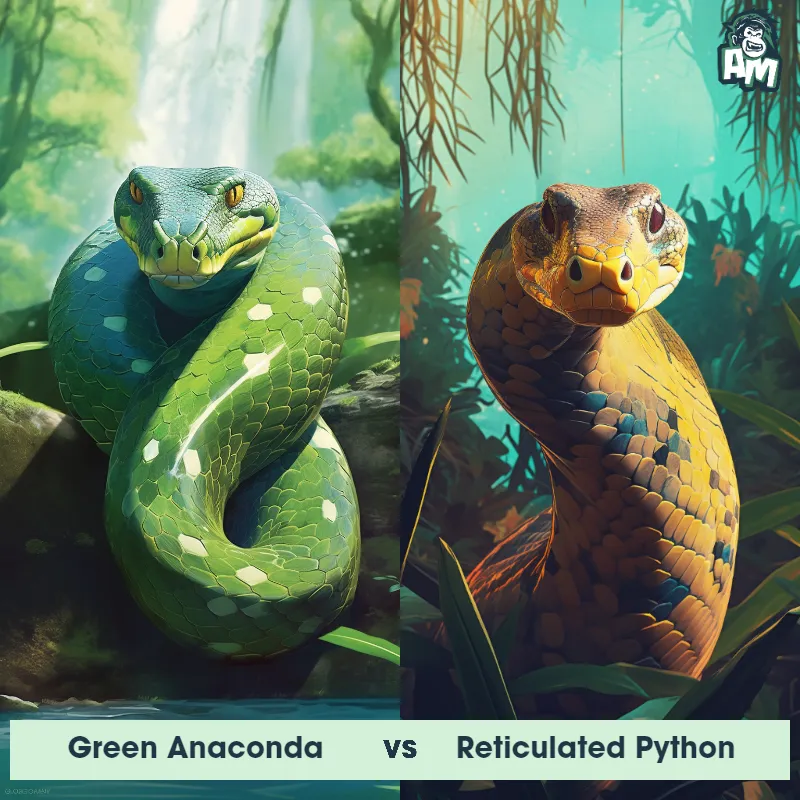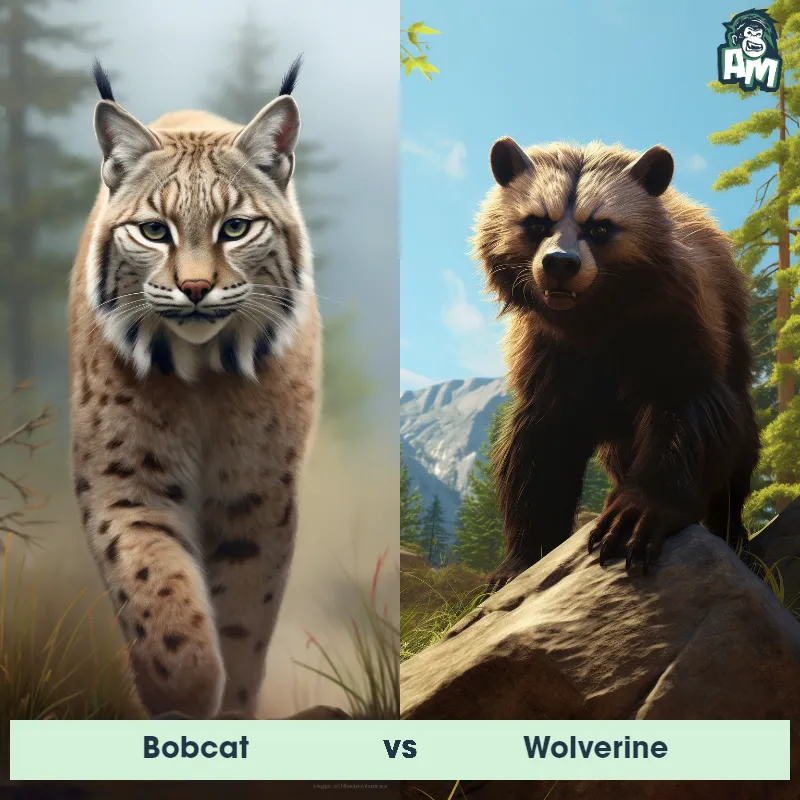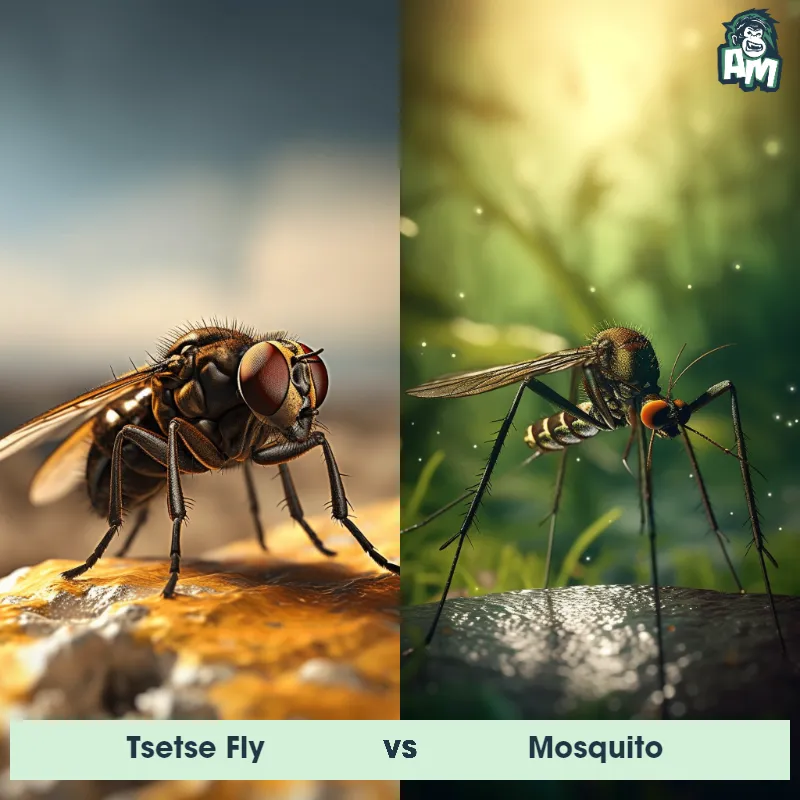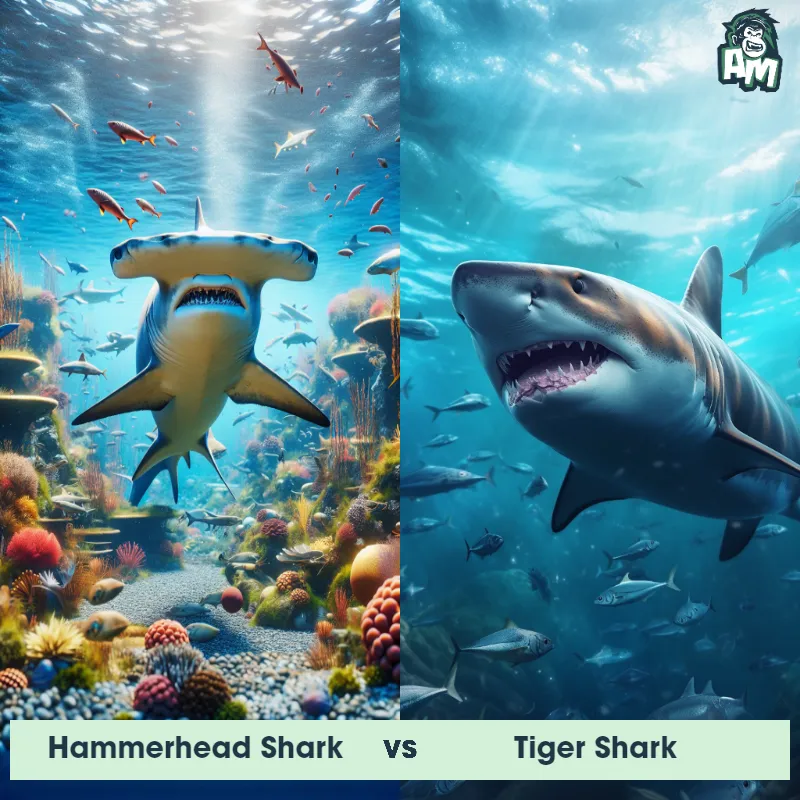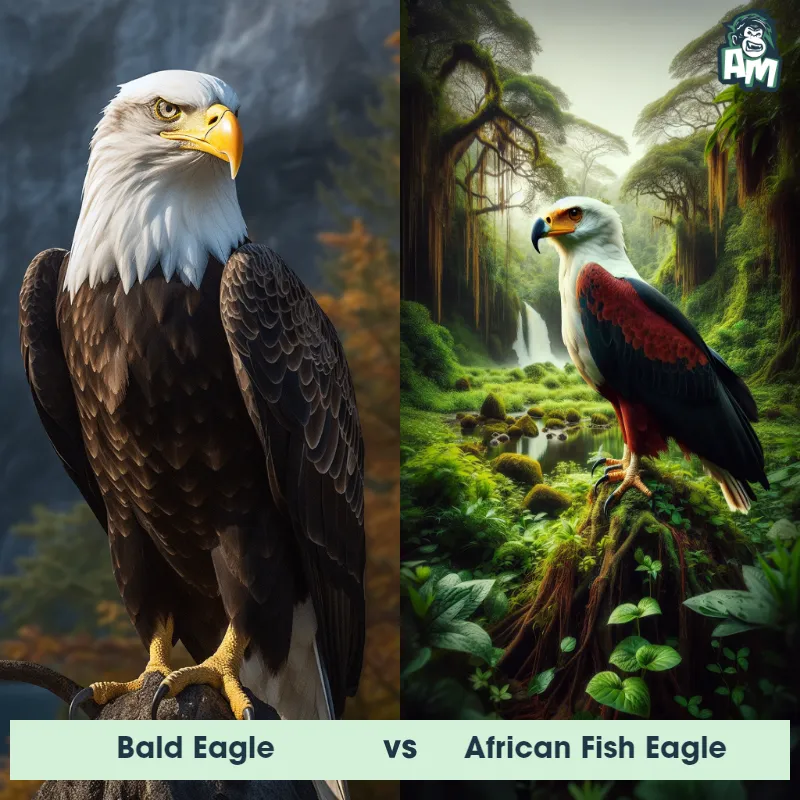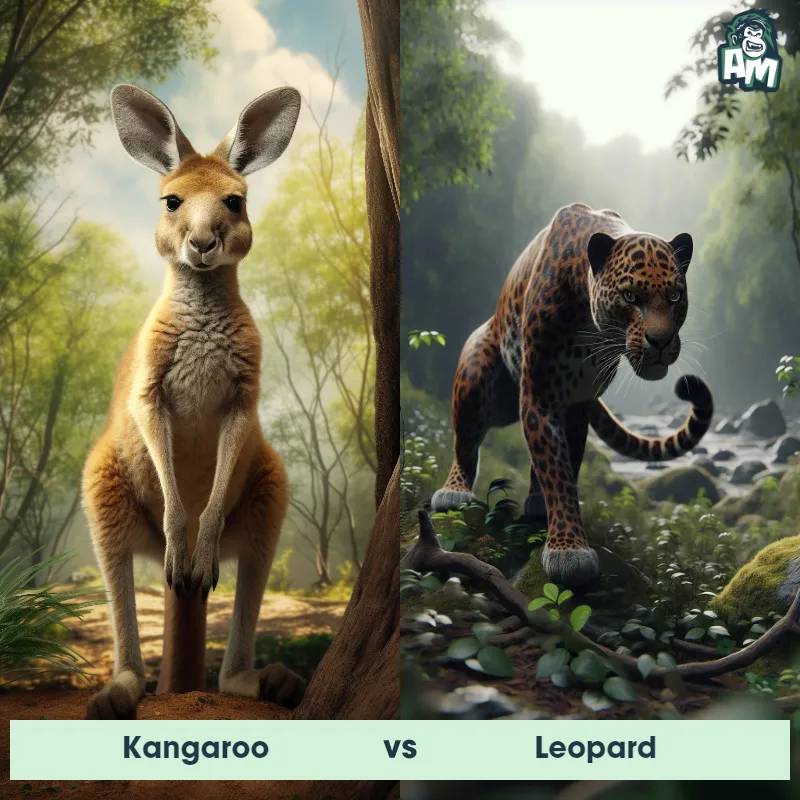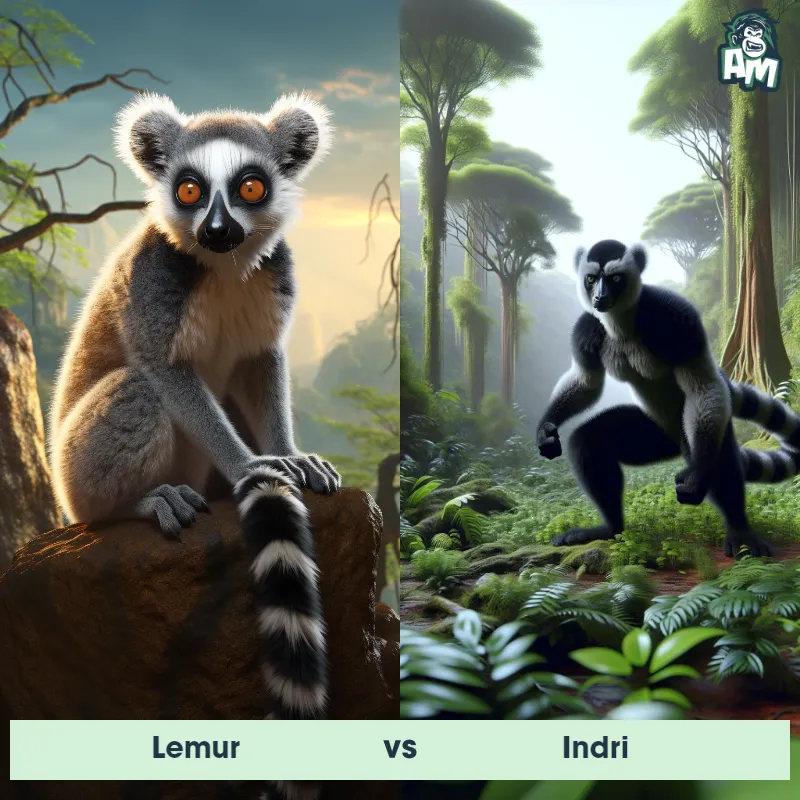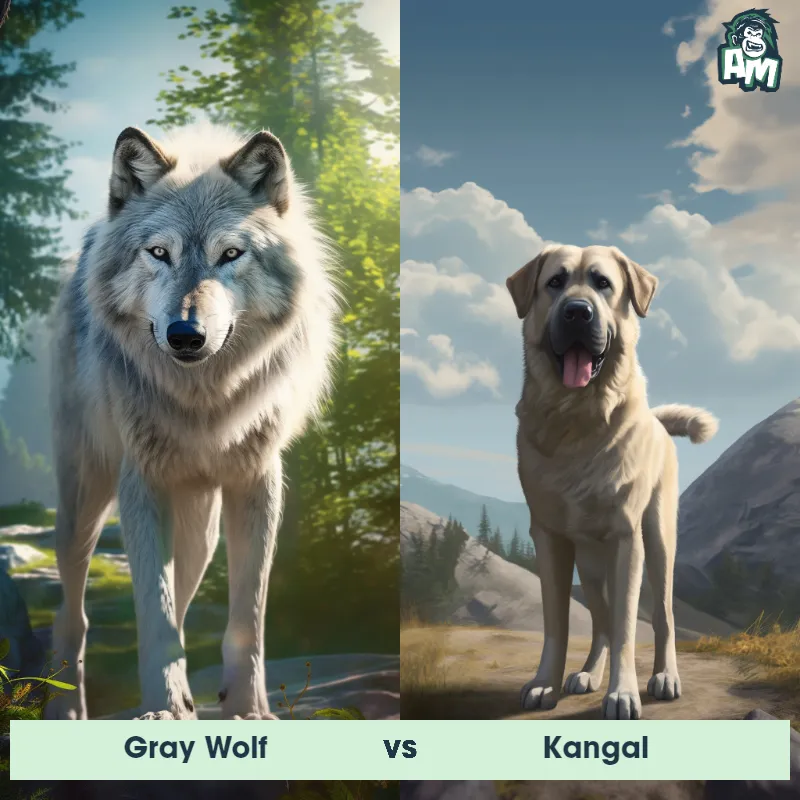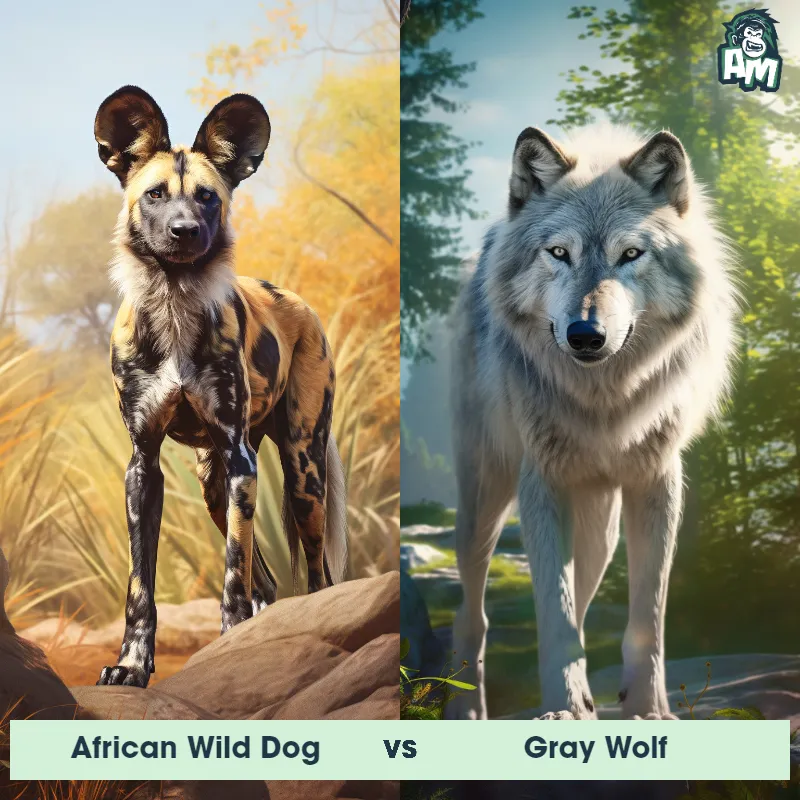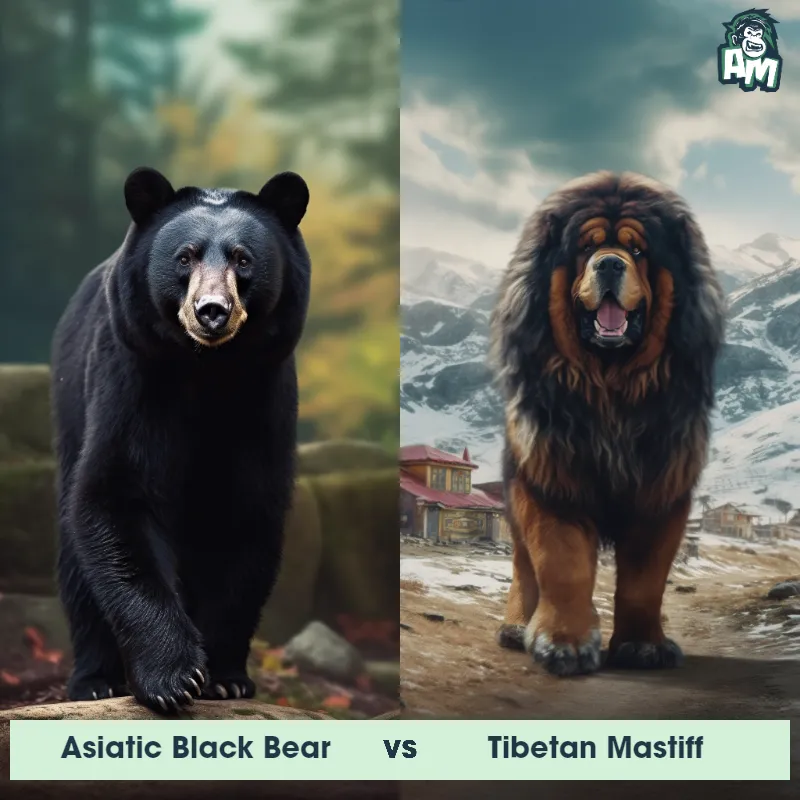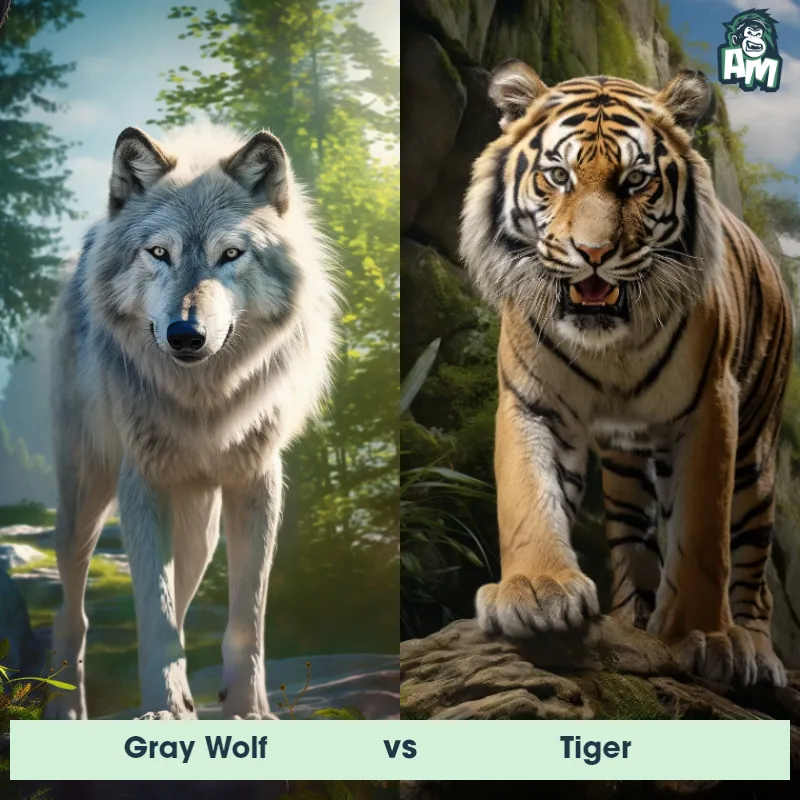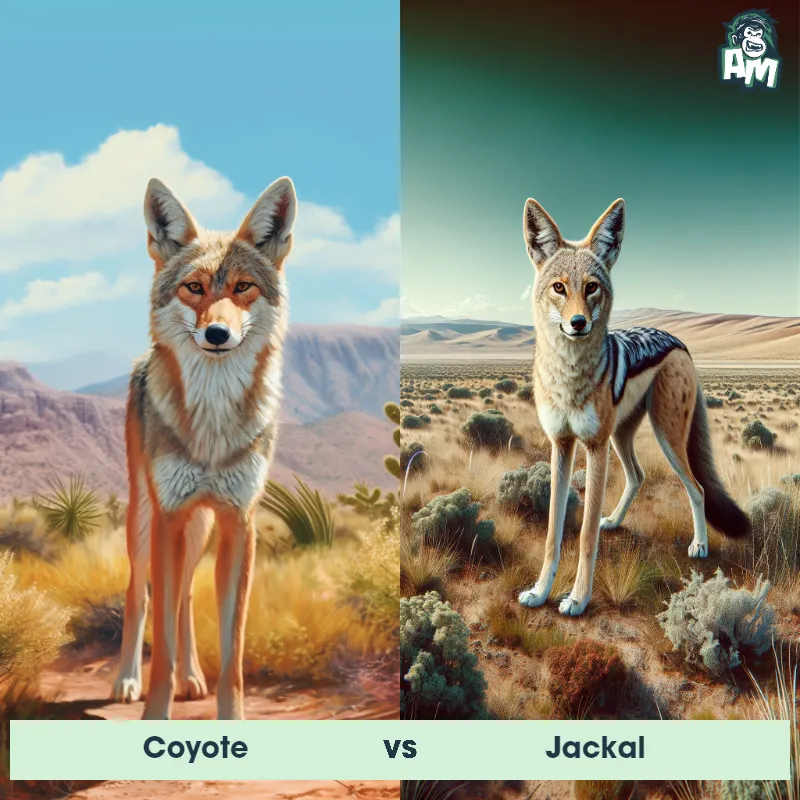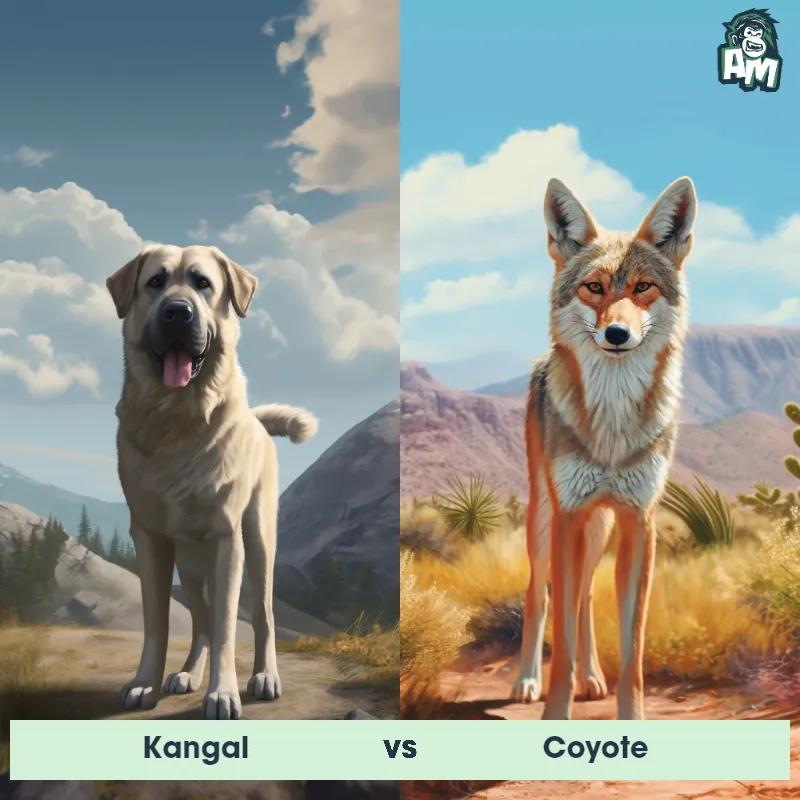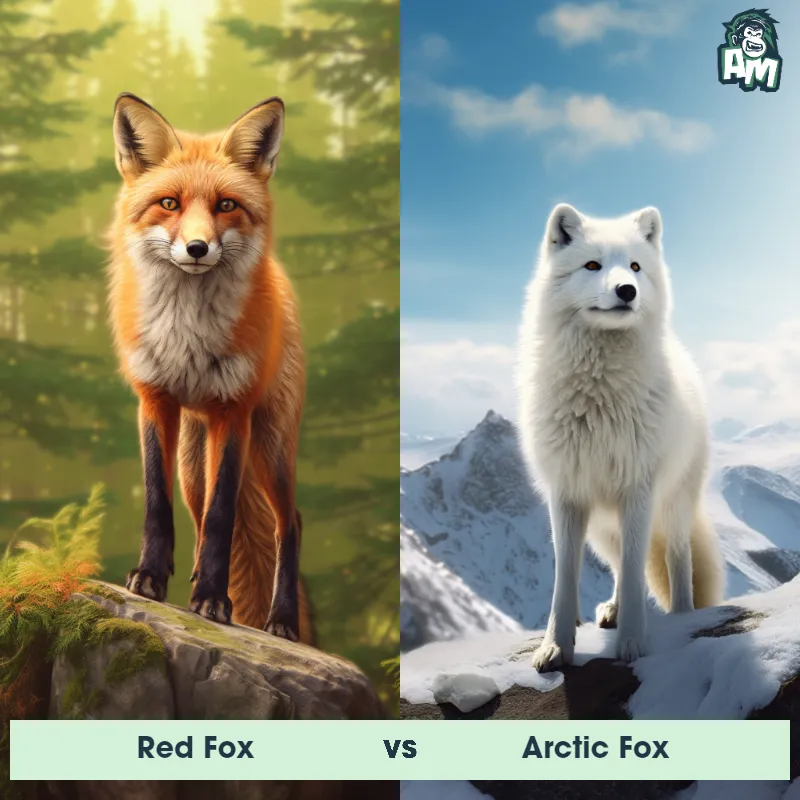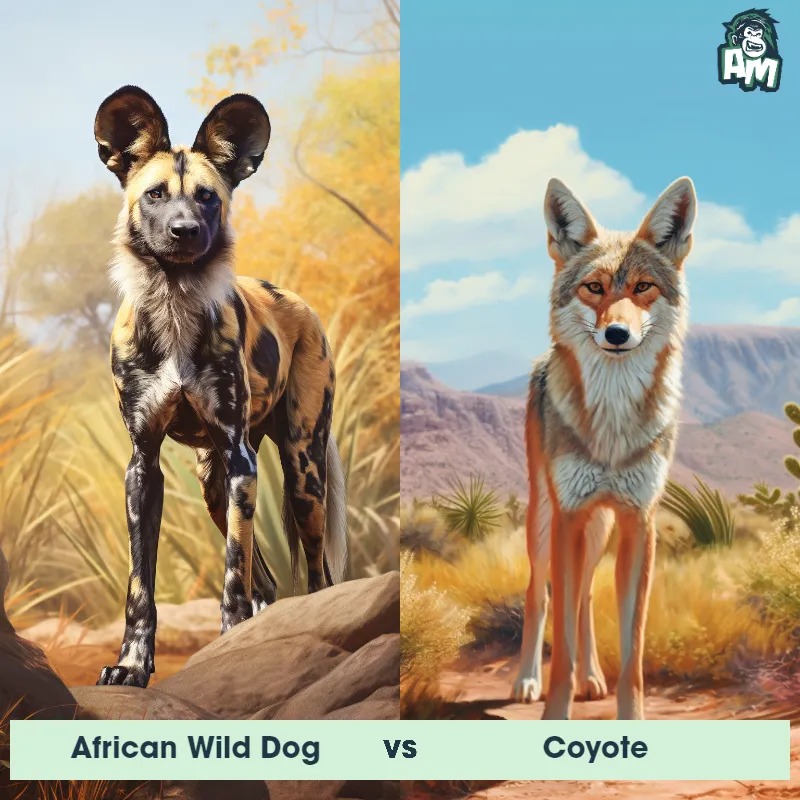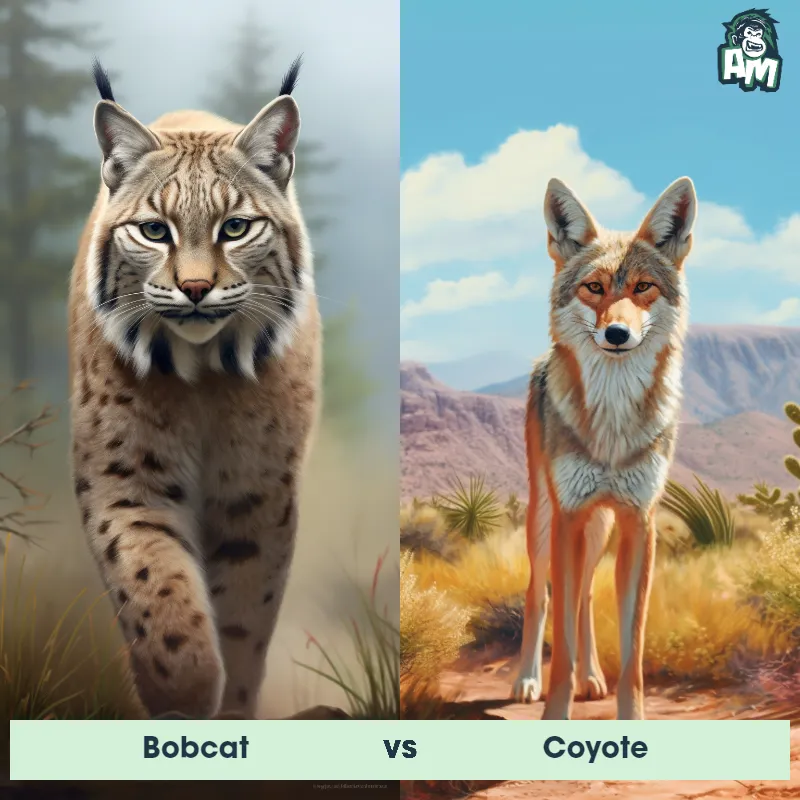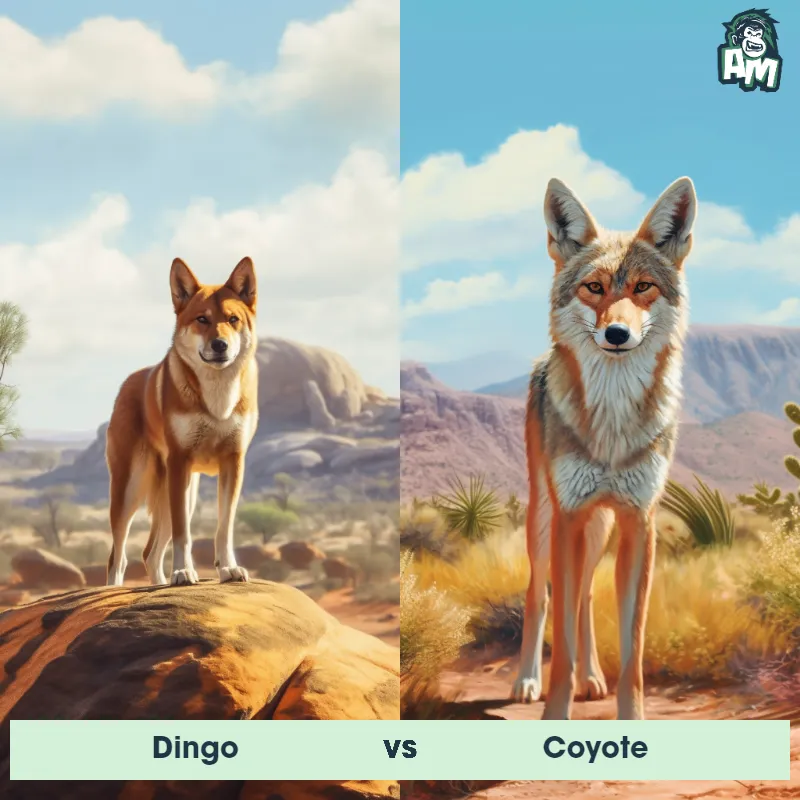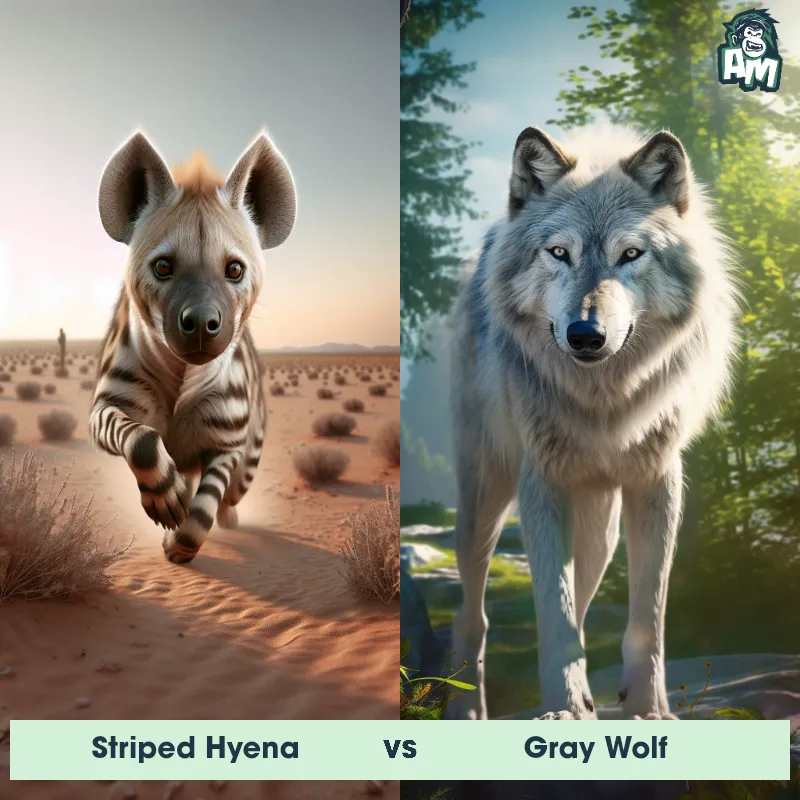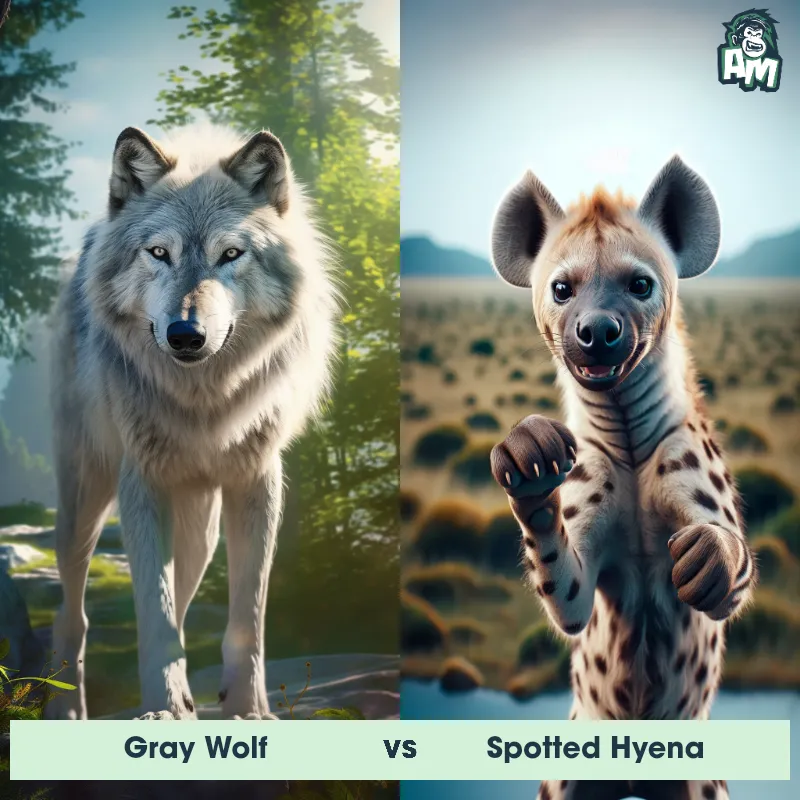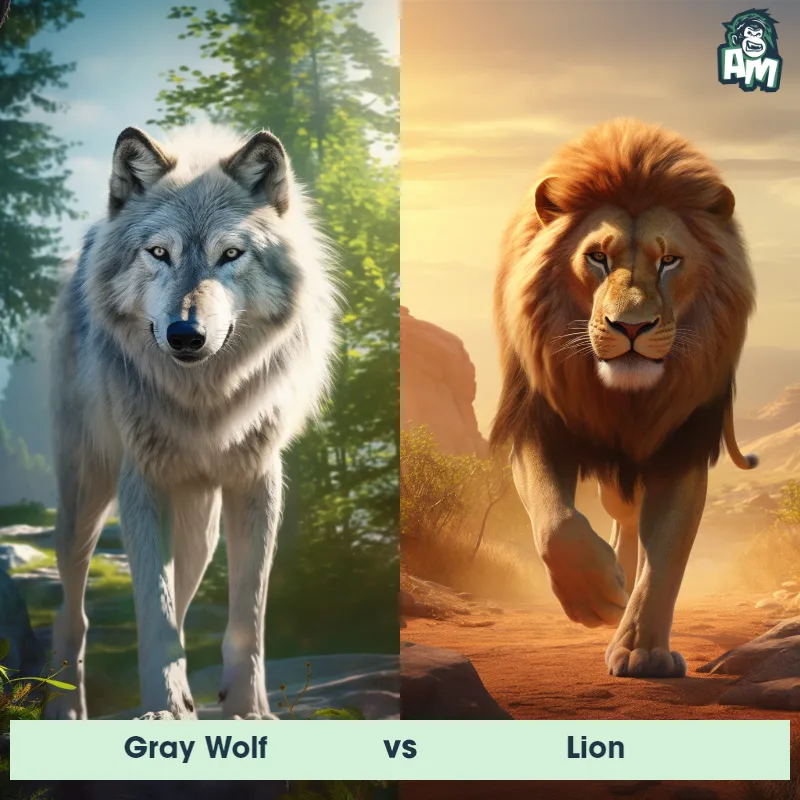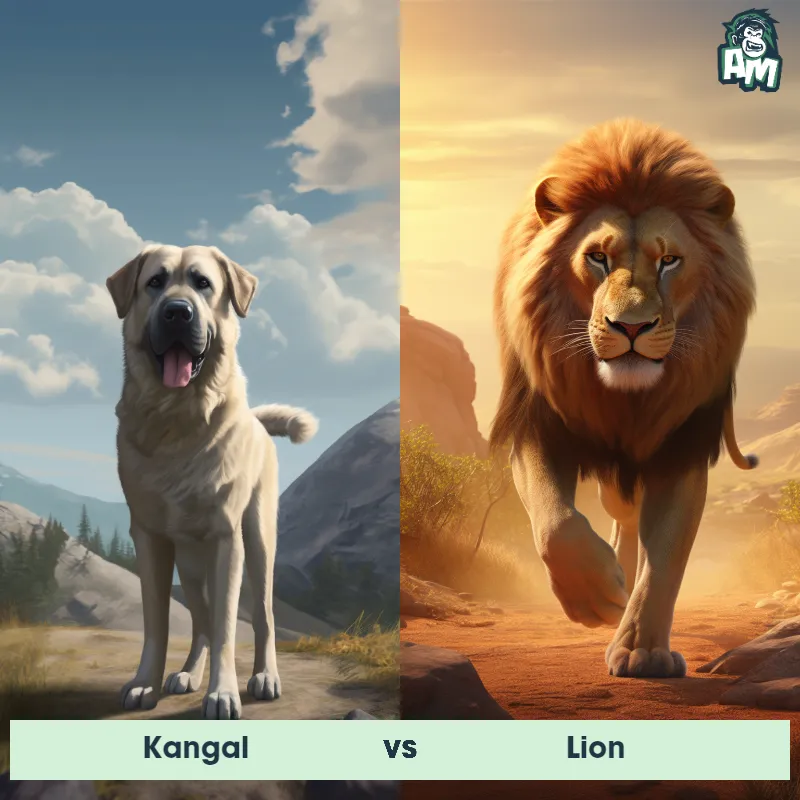Sloth vs Gray FoxSee Who Wins

Ladies and gentlemen, welcome to this thrilling matchup between two remarkable creatures in the animal kingdom. Today, we have a showdown between a sloth and a gray fox. Both known for their unique abilities and survival tactics, we are in for an intriguing battle inside this arena.
Contender 1: Sloth
The Sloth is a slow-moving arboreal mammal native to the rainforests of Central and South America. Recognized for their distinctively long limbs and hooked claws that help them hang from trees, sloths have a shaggy coat and a rounded face with a flat snout. They spend the majority of their lives in trees, only descending about once a week to defecate. Their diets mainly consist of leaves, twigs, and buds.
Fun Fact: Fascinatingly, the sloth's slow metabolic rate and largely motionless lifestyle allows it to survive on just a small amount of food, sometimes taking up to a month to fully digest a meal.
Contender 2: Gray Fox
The Gray Fox, commonly known as Urocyon cinereoargenteus, is a medium-sized canid native to North America. It has a unique appearance, characterized by its unique coloration - a grayish coat with reddish hues, a reddish-brown underside, and a striped tail with a black tip. Unlike other canids, the Gray Fox possesses retractable claws, enabling it to climb trees effortlessly. It has a slender body, pointed ears, and yellowish eyes, which add to its distinct features. This adaptable and versatile species can be found in a variety of habitats, including forests, mountains, and even urban areas.
Fun Fact: One interesting fact about the Gray Fox is that it is the only member of the dog family in North America that is capable of climbing trees, using its sharp, semi-retractable claws to navigate its way up and down tree trunks with ease, reaching heights of up to 40 feet.
Matchup Stats
| Sloth | Gray Fox | |
|---|---|---|
| Size | 24 to 30 inches (60 to 75 cm) | 2-3 feet (61-91 centimeters) in height, 3.5-4 feet (107-122 centimeters) in length |
| Weight | 8 to 17 lbs (3.6 to 7.7 kg) | 7-13 pounds (3.2-5.9 kilograms) |
| Speed | 0.15mph (0.24km/h) | 42 mph (68 km/h) |
| Key Strength | Strong grip and sharp claws | Agility and climbing ability |
| Biggest Weakness | Slow movement | Size and strength compared to larger predators |
Current Votes
Sloth vs Gray Fox
See Who Wins
View More Matches
Looking For More?
Similar Matches
Scientific Stats
| Sloth | Gray Fox | |
|---|---|---|
| Scientific Name | Bradypus or Choloepus | Urocyon cinereoargenteus |
| Family | Bradypodidae or Megalonychidae | Canidae |
| Habitat | Rainforests | Forests, mountains, urban areas |
| Geography | Central and South America | North America |
| Diet | Leaves, twigs, and buds | Omnivorous - fruits, berries, insects, small mammals, birds, reptiles, carrion |
| Lifespan | 10 years - 20 years | 15 years - 20 years |
Key Differences between Sloth and Gray Fox
- Size: Sloths are significantly larger and heavier than Gray Foxes, with adult sloths measuring up to 2.5 feet in length and weighing between 8 to 20 pounds, while Gray Foxes are typically around 3 feet long and weigh between 8 to 17 pounds.
- Habitat and behavior: Sloths are strictly arboreal, spending most of their time hanging upside down in trees and relying on their slow movements, whereas Gray Foxes are versatile terrestrial carnivores that can climb trees if necessary but spend most of their time on the ground, foraging and hunting.
- Coloration: Sloths have a distinct fur coloration, typically pale to medium brown, which helps them blend in with their tree habitats, whereas Gray Foxes have a combination of gray and reddish-brown fur, with a black stripe on their tail.
- Facial features: Sloths have a small rounded head with a short snout, large round eyes, and a beady expression, whereas Gray Foxes have a more elongated snout, slender face, and a distinctive white patch on their cheeks, contrasting with their grayish fur.
- Tail shape: Sloths possess a short, stubby tail, generally hidden within their fur, whereas Gray Foxes have a longer, bushy tail, often held erect and occasionally with a black tip.
- Body shape: Sloths have a rounded and bulky body shape, with short limbs and long, curved claws adapted for arboreal life, whereas Gray Foxes have a sleeker body with relatively longer legs and pointed ears.



